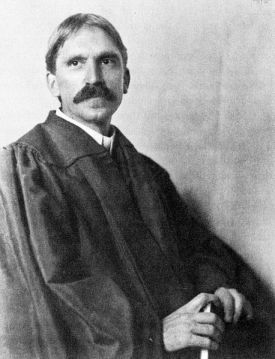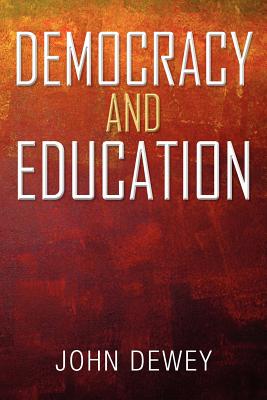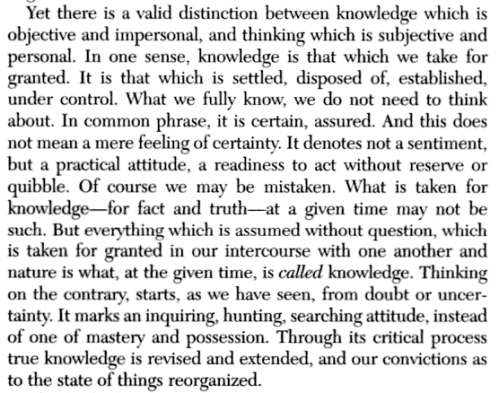
This woman “has it all” and it doesn’t look like very much fun. And oh, hey, where’s dad?
I am really not sure why the inability to have it all is supposed to be some kind of strike against feminism. I don’t think feminism ever suggested that women could “have it all,” or should desire to “have it all” (whatever that even means). But some people seem to think that because women have to choose between being high-powered career-oriented persons and being full-time parents, this somehow means that feminism betrayed women and we should return to the old ways with a male bread-winner and a female stay-at-home partner. But here it might be worth noting that if the goal is to “have it all” the old way is no better than the straw-feminist way, because the “traditional 1950s family” still does not involve a woman who “has it all.” Instead, it merely results in women who don’t have it all and also cannot choose which way they would like to have it.
We should admit that the situation is completely unlike the one described by Venker in her terrible “The War on Men” piece for Fox news, and it is also completely unlike her “apology” for that piece:
Rather, Venker said, it is that, “women, once they have children would prefer to work part-time or not at all when their children are young. Their career trajectory will be different than that of men. Feminists don’t like that. They want everybody to want the same thing, career trajectories to be the same. Women may say I really want to exercise or hang out with my friends and have coffee or go shopping and have a cushier life, and your guy will be happy to do that, and go to the office all year long for 40 years to allow you to do that. Men don’t have that option. And there is nothing wrong with having different road maps.” (Source: The Daily Beast)
Actually, feminists have never claimed that everyone should want the same things. That is precisely why feminists have argued that women should be able to choose whether they want careers rather than being forced to be a stay-at-home parent, though feminists also accept that women should be able to choose to be a full-time parent if that is possible for them and what they desire. It is Venker who is making essentialist and universalizing statements about what “women” want once they have children. Venker also completely ignores that many men also want to be home with their children. She says that “Men don’t have that option” to stay home. But feminism has precisely been arguing that both sexes should have these options. Just as feminists think women should be allowed to choose work, so too, they think men should be able to choose to stay at home, if that is what suits them. It is Venker, not feminists, who are limiting what people are supposed to want.
Then, to make matters worse, Venker paints an unrealistic portrait of what it is like to be a stay-at-home parent. It seems, on her world-view that stay-at-home mothers spend their time exercising, hanging out with friends, shopping and having coffee, a “cushier” life, as she describes it. Venker thinks that a man will be happy to work in order to allow his wife this “cushy” life. But many stay-at-home moms describe their days as difficult and full of work (laundry, getting the kids from here to there, feeding the kids, etc. etc.) it is precisely this stereotype of the stay-at-home life as “cushy” that often feeds resentment among both spouses: among men because they see their life as full of toil and placating bosses in order to afford their wives this “cushy” life, and among women because they resent that their husbands see their lives as “cushy” when in fact it is full of nearly-unrelenting Sisyphean work (work that once done, must then be redone). And let us not forget that the working world can also involve its fair share of “cushy” activities if one is in the upper-classes. It is true that blue-collar jobs are not so cushy, but as someone who works full-time in a upper-middle-class job, I can tell you that a fair amount of my time is spent having coffee-or-dinner-or-lunch-meetings, exercising with friends (if golf counts as exercise) and so forth.
We should admit that no one can have it all. Both mothers and fathers often want to spend more time with their families and less time at work. So what needs to change is work expectations. We could, for example, divide some jobs among more people to make those jobs more flexible. But we should dispense entirely with the myth that feminism falsely promised women they could have it all, when having it all was really what the traditional family offered women. Neither feminism nor the traditional family offers anyone the chance to have it all.






